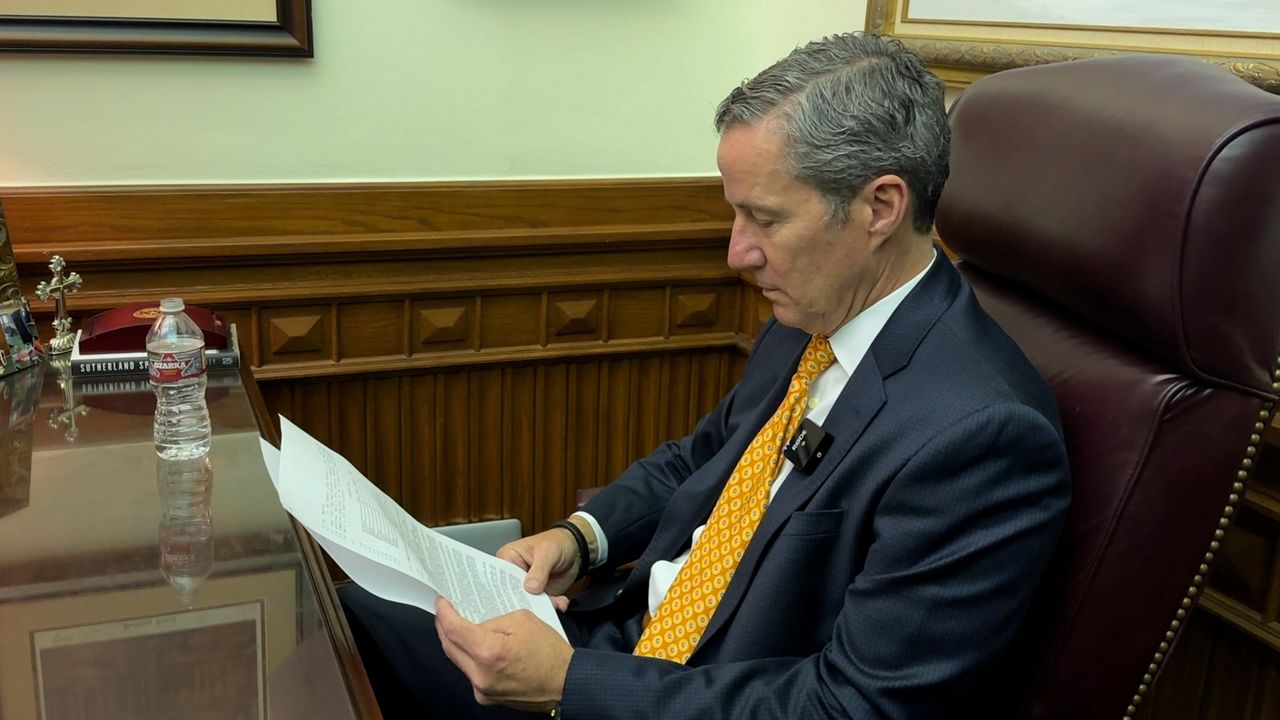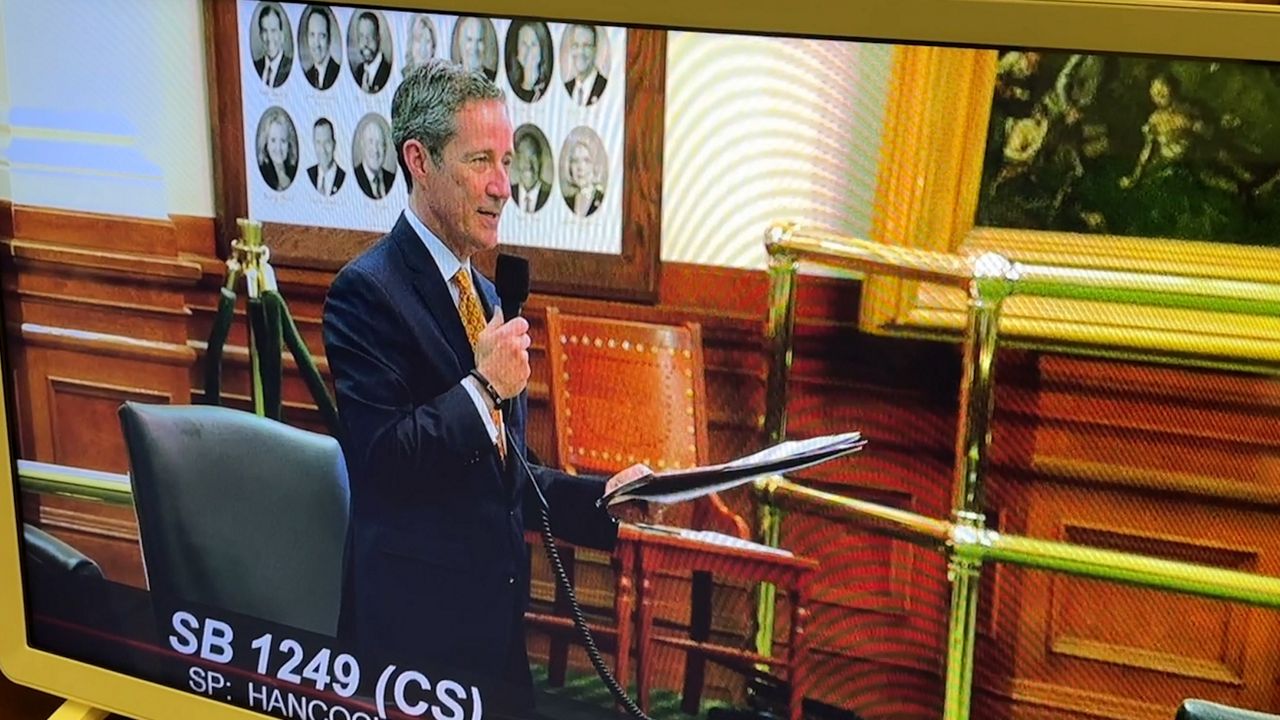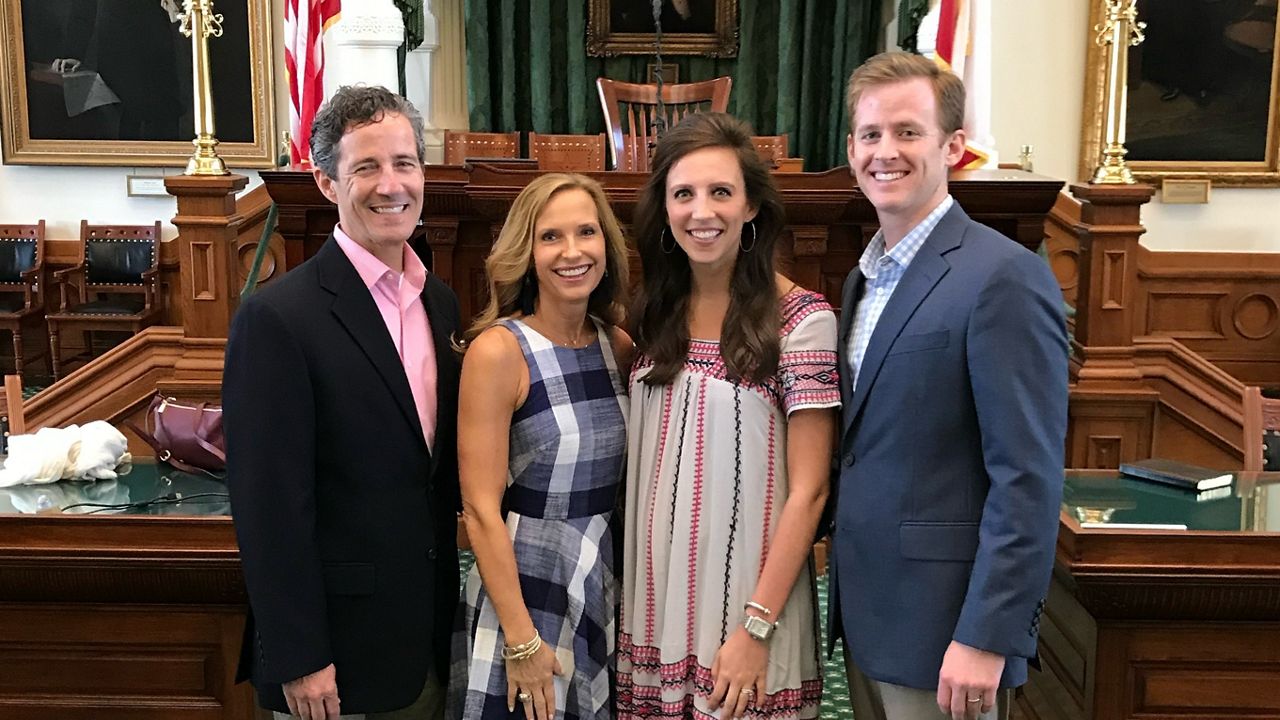AUSTIN, Texas — “It was very life-changing, and I want to see if I can positively impact the lives of others as well,” state Sen. Kelly Hancock, R-District 19, told Spectrum News 1 recently.
Battling a rare kidney disease for more than half his life, Hancock, like nearly 10,000 other Texans, lived and waited for a miracle.
“I’ve known for 31 years this day would come,” Hancock said. “Seven years ago, was told I was a year or two away from dialysis.”

When his health became dire last year, eight members of Hancock’s family stepped up and were tested as a possible match for a kidney transplant. His son-in-law, Greg Cox, proved to be the best fit for surgery and donated his kidney this past July.
“I think the fact that we can do that is pretty cool,” Cox said. “If you’re on the fence, and you’d like to do it, there’s plenty of people that need it. Honestly, I got more out of it than Kelly did.”
Turning his plight into public policy, Hancock filed Senate Bill 1249, a bill that was unanimously passed in the Senate to bring educational resources to the living organ donor registry, which started in Texas.
“Once they are knowledgeable about the opportunity that there is a calling to do that and if they feel led, we want to provide the information,” Hancock said.

Besides registering at the DMV, this legislation will make donor information more readily available on state websites and platforms, a much-needed boost according to Donate Life Texas Executive Director Chad Carroll.
“I don’t think people in Texas are aware that they can become a living donor and how great the need is,” Carroll said. “We’re excited to update our education to include living donors as a viable solid option for those looking to save someone’s life.”
According to the organization, 96% of the state’s organ needs, which are almost all kidney and liver transplants, can be met through living participants.
“Hopefully we can improve lives through the marketing and educational process,” Hancock said. “Eventually the living list of donors grows where there isn’t a huge deficiency and need.”




